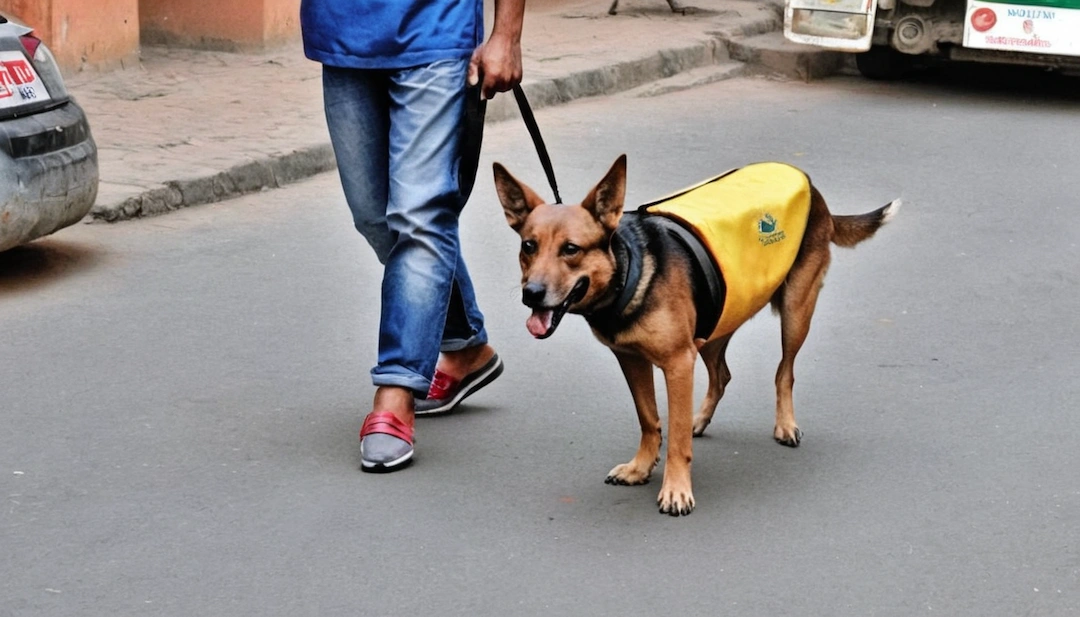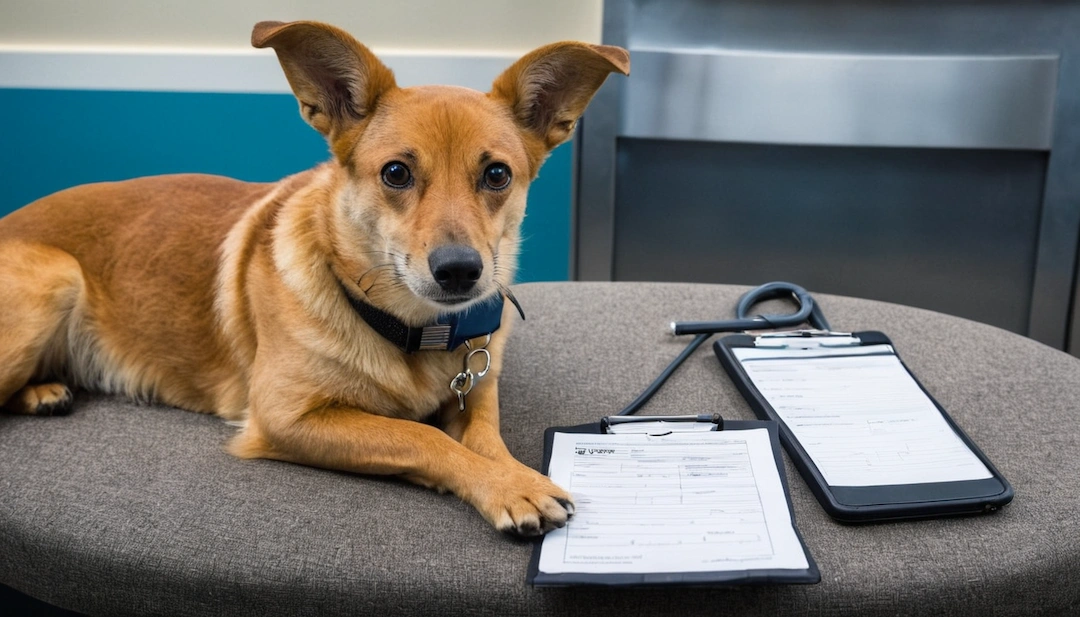Tragic Rabies Deaths: Man and Son Succumb After Dog Bite in Visakhapatnam
27 Jun 2024
Tragic Rabies Deaths: Man and Son Succumb After Dog Bite in Visakhapatnam
In a heart-wrenching incident in Visakhapatnam, a father and his young son tragically lost their lives to rabies after being bitten by their pet dog. This alarming event underscores the critical importance of timely rabies vaccination and awareness about this deadly virus.
Rabies: A Silent Threat
Rabies is a viral disease that affects the central nervous system, leading to brain inflammation and, ultimately, death if not treated promptly. The virus is typically transmitted through the saliva of an infected animal via bites or scratches. According to the World Health Organization (WHO), rabies causes tens of thousands of deaths annually, primarily in Asia and Africa.
The Incident in Visakhapatnam
The recent case in Visakhapatnam involved a middle-aged man and his 12-year-old son. Both were bitten by their pet dog, which had not been vaccinated against rabies. Initially, they did not seek immediate medical attention, assuming the bites were minor. However, within weeks, they started exhibiting symptoms consistent with rabies infection, including fever, agitation, and confusion.
Symptoms and Progression of Rabies
Rabies symptoms can be insidious, often appearing weeks to months after the initial bite. Early symptoms resemble the flu and include fever, headache, and general weakness. As the disease progresses, neurological symptoms emerge, such as confusion, agitation, hallucinations, and hydrophobia (fear of water). Once clinical symptoms appear, rabies is nearly always fatal.
Importance of Vaccination
This tragic incident highlights the paramount importance of rabies vaccination for pets and prompt medical treatment for anyone bitten by an animal. Rabies vaccines for pets are highly effective and form the cornerstone of rabies prevention strategies. In humans, immediate wound cleaning and post-exposure prophylaxis (PEP) can prevent the onset of the disease if administered promptly.
Prevention and Awareness
Raising awareness about rabies and the importance of vaccination is crucial. Pet owners must ensure their animals are vaccinated and educate themselves about the signs of rabies. Additionally, any animal bite, regardless of how minor it seems, should be taken seriously and medical advice should be sought immediately.
Government and Community Role
Local governments and communities play a vital role in preventing rabies outbreaks. Regular vaccination drives, public awareness campaigns, and accessible healthcare services are essential. In areas with high stray dog populations, controlling and vaccinating these animals can significantly reduce the risk of rabies transmission.
The devastating deaths of a man and his son in Visakhapatnam serve as a stark reminder of the dangers posed by rabies. Through vigilant pet vaccination, public education, and prompt medical response to animal bites, such tragedies can be prevented. Rabies is a preventable disease, and with concerted efforts, we can protect both humans and animals from this deadly virus.
Related Posts
Social media
Category
Trending Posts
-

Isha Ambani and Anand Piramal's Daughter Aadiya Shakti with Her Beloved Pet Dog
15 Jul 2024 -

Keeping Pets Cool and Safe Amid Power Outages
11 Jul 2024 -

Ratan Tata Launches Tata Trusts' Small Animal Hospital in Mumbai
04 Jul 2024 -

Tragic Rabies Deaths: Man and Son Succumb After Dog Bite in Visakhapatnam
27 Jun 2024 -

Pet Dog Bites Delivery Man in Ludhiana: A Growing Concern for Safety
24 Jun 2024 -

The Rising Cost of Veterinary Care: How to Manage Pet Medical Bills
23 Jun 2024 -

Kartik Aaryan Trains His Dog for Katori Champion Title
22 Jun 2024
Subscribe Newsletter
It is a long established fact that a reader will be distracted.


